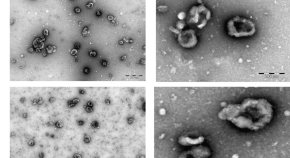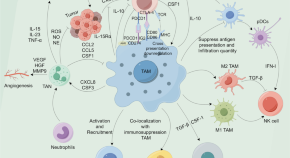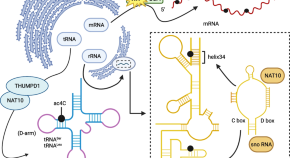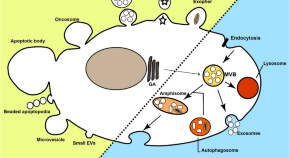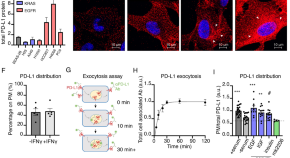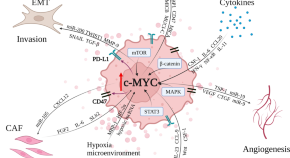VDR promotes pancreatic cancer progression in vivo by activating CCL20-mediated M2 polarization of tumor associated macrophage
Authors (first, second and last of 16)
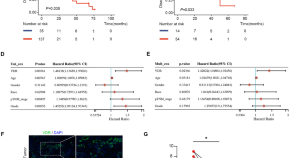
Collection
Ganapathy Sriram, PhD., is currently a Senior Scientist at EMD Serono Research and Development Institute Inc. (Cambridge, MA). He obtained his PhD from Rutgers, The State University of New Jersey studying tyrosine phosphorylation and oncogene signaling in cancer biology and did his post-doc at the Massachusetts Institute of Technology. Dr. Sriram’s research focuses on how DNA damage and tumor cell injury can activate dendritic cell function and promote anti-tumor immunity.
Raymond Birge, PhD., is a Professor at Rutgers, The State University of New Jersey and member of the New Jersey Medical School Cancer Center. Dr. Birge joined UMDNJ-New Jersey Medical School in 2000 and currently holds a position of Professor and Vice Chair for Research in the Department of Microbiology, Biochemistry and Molecular Biology. Dr. Birge also has joint appointments at the New Jersey Medical School Cancer Center (Newark) and the Cancer Institute of New Jersey (New Brunswick).

